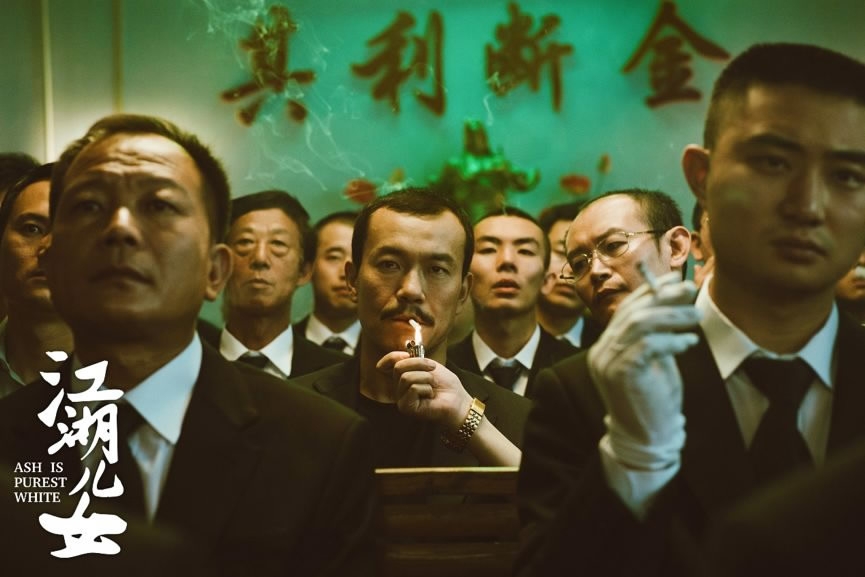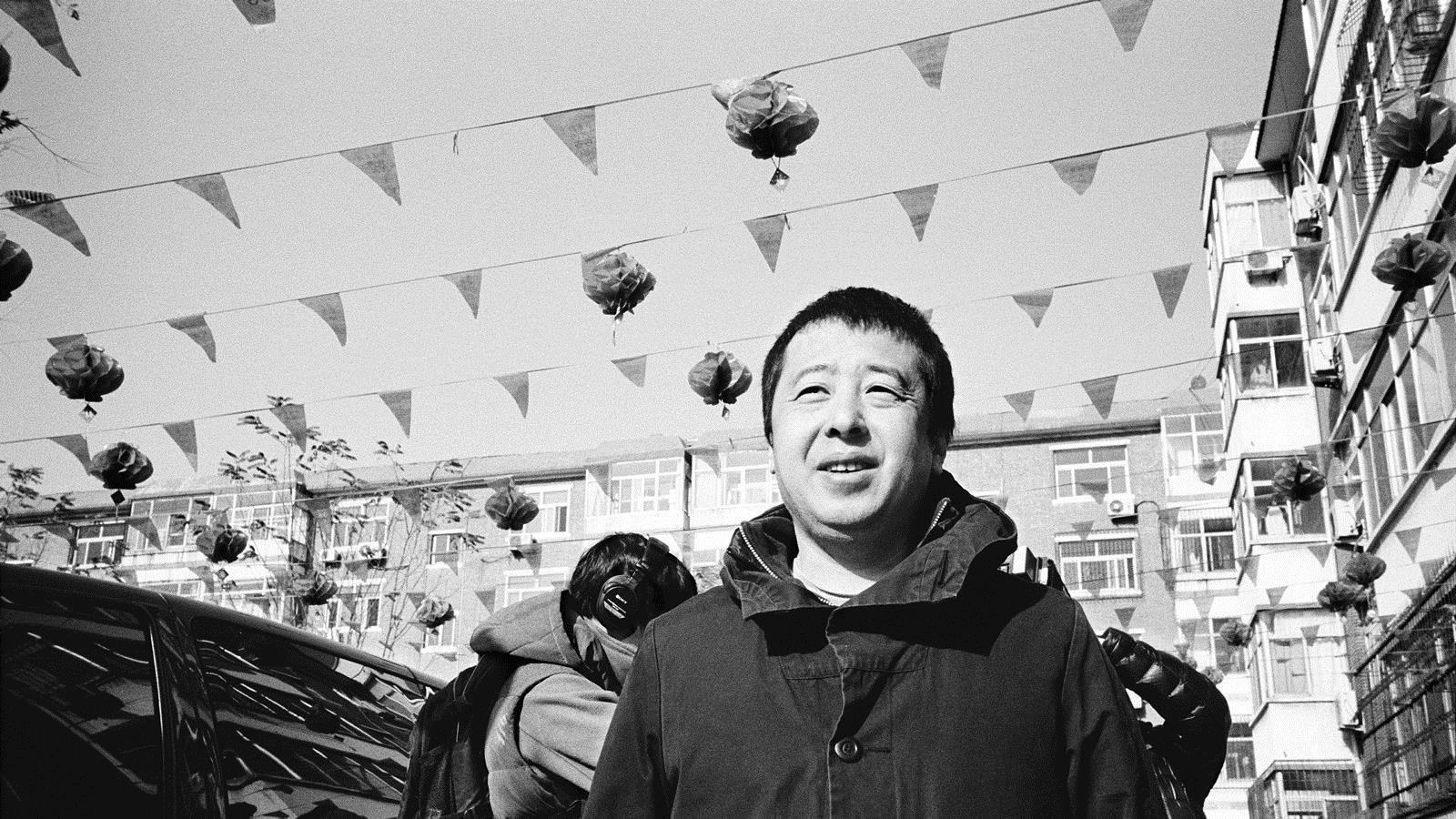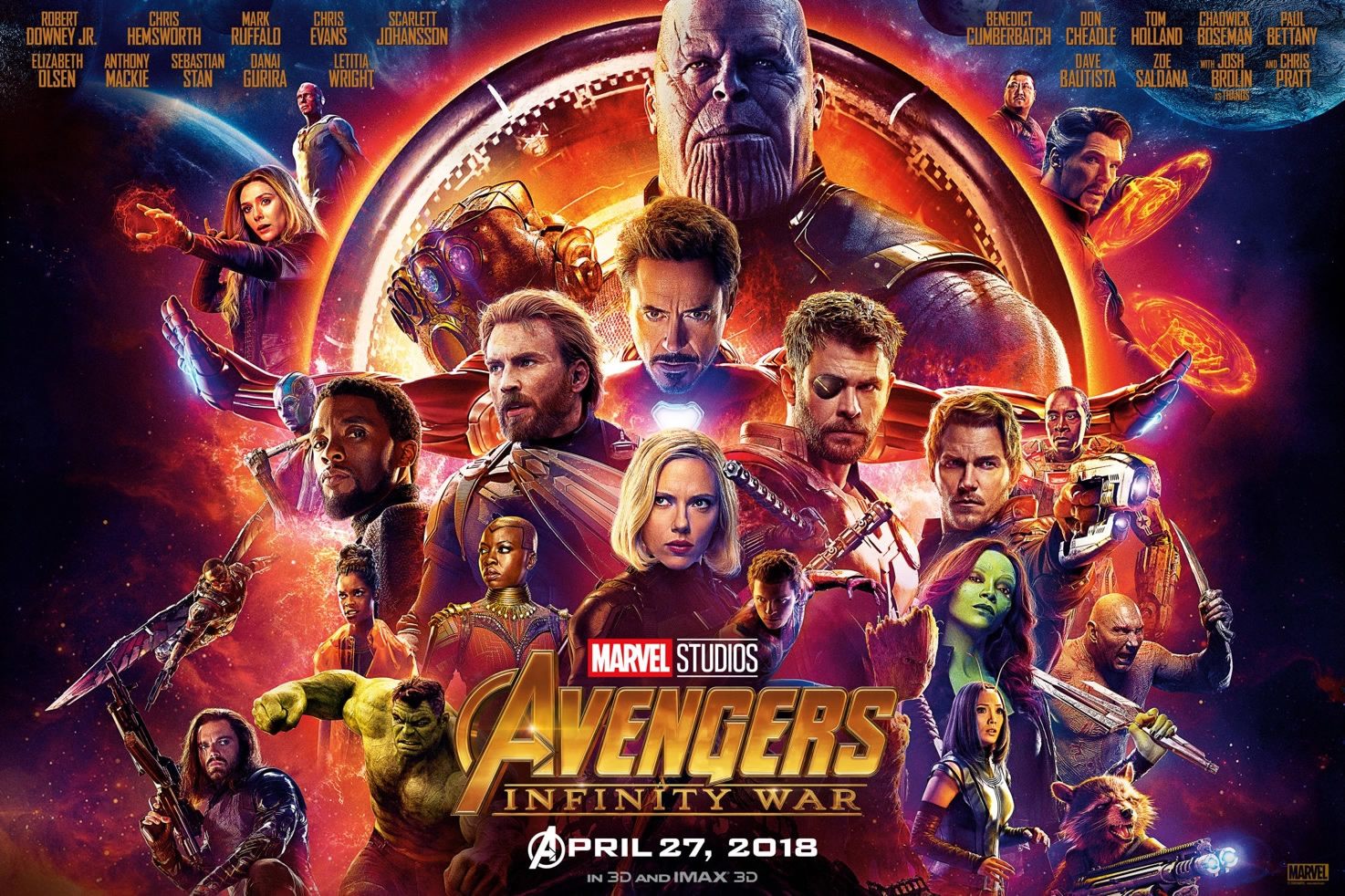
Culture
22:56, 13-May-2018
Cannes Film Festival & Chinese indie filmmakers
By Julian Waghann
02:09

Friday marks Day 4 of the Cannes Film Festival, celebrating its 71st birthday this year. Even in its golden years, the Cannes exudes anything but glamour and panache and maintains a palate for fine films from around the globe, including Chinese director Jia Zhangke’s latest revenge drama “Ash is Purest White,” competing for the coveted Palm d’Or. So, Why is it so important that a Chinese film is in competition at the Cannes this year?

"Ash is Purest White." /Sina Photo
"Ash is Purest White." /Sina Photo
Stars, glamour, its mesmerizing location characterized Cannes in the 1950s. However, the birth of the festival was rather righteous and revolutionary in its conception. In 1939, Hitler and Mussolini had taken hold of the Venice Film Festival as a propaganda platform, and soon the French, British, and Americans joined forces and created the Cannes, a truly international exhibition venue. But as forces changed after WWII, the paradise on the Côte-d’Azur reemerged as a marketplace for films, or marché du cinema, an alternative to the monopolizing American Film Market.
As you can imagine, indie or art house films have always had a hard time nudging their way into the American Film Market, let alone the Academy Awards. The Cannes Film Festival became one of THE go-to places to get international exposure, distribution and prestige. And films that snatch awards from these festivals are much more likely to be screened in theaters at home.

Famous Chinese film director Jia Zhangke. /Photo provided
Famous Chinese film director Jia Zhangke. /Photo provided
This is indeed the case with filmmakers such as Jia Zhangke. Jia is a sixth-generation director known for such films as Platform, The World, and Mountains May Depart. All of his films foreground social and economic reforms in China, often with a critical regard, earning him the reputation as the country’s indie/underground filmmaker. Yet, being an indie filmmaker can be a conundrum in today’s movie market.
On the one hand, indie filmmakers have to maintain their credibility as an outlier. Like the nomads in Jin Yong’s wuxia novels or King Hu’s wuxia films, they always wander on the margins of mainstream cinema—keeping a critical distance from reality, BUT also overshadowed by mainstream commodity.

Poster of Avengers. /Sina Photo
Poster of Avengers. /Sina Photo
On the other hand, to subsist, indie filmmakers must also depend on the mainstream movie market. In the US, indie and art house directors have long been integrated by Hollywood. For instance, In 1993, Disney acquired art house studio, Miramax, and turned it into a New Hollywood assembly line, often with pre-sale distribution. In China, it’s now the best time for Chinese filmmakers, but also the worst time for art-house directors, says indie filmmaker Lu Chuan. While high concept tentpoles can be given up to 30% of the country’s screens, some art-house titles are given as little as 1.5% screen time after its first week, and some small budget films are screened for just one day as reported by China Daily. Whether Miramax is a worthy model remains to be contested, but China direly needs the mise en place of a complete industrial system supplementing the current scheme of state subsidy.
Before then, indie filmmakers such as Jia must negotiate both its home soil and the international festival circuit at the same time. Ironically, the Cannes Film Festival, which emerged fighting the tyranny of World War II, is also saving a very important voice against the tyranny of mainstream commercial films in China today. And with megahit “Avengers: Infinity War” out in theaters across China today, we know too well, the “war” still wages on.

SITEMAP
Copyright © 2018 CGTN. Beijing ICP prepared NO.16065310-3
Copyright © 2018 CGTN. Beijing ICP prepared NO.16065310-3